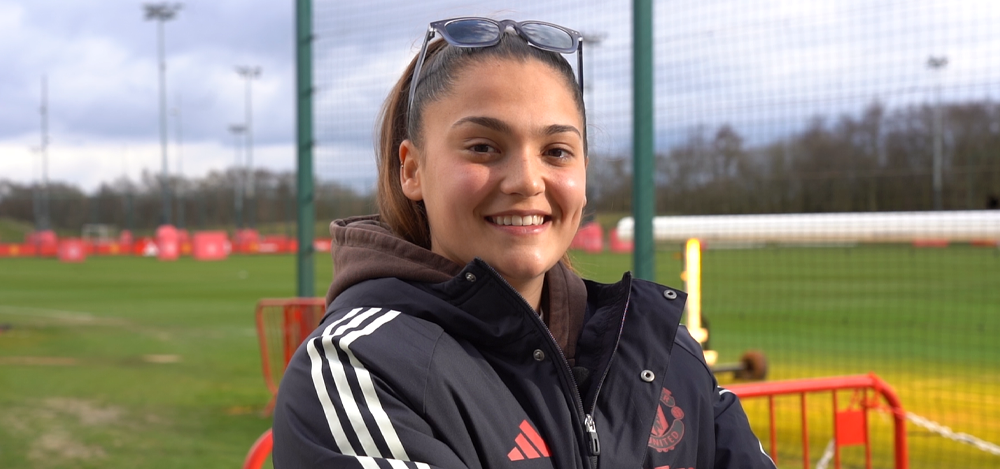

A new research study by the Professional Footballers’ Association (PFA) is investigating the prevalence of neurodiversity in current professional players in England.
Using survey data collected from first and youth team squads across the Premier League, Women’s Super League (WSL) and EFL, the study will assess the prevalence rates of neurodiversity among players and help establish a better understanding of their experiences in elite football.
Several current and former players with neurodiverse conditions have spoken about their experiences of playing professionally, and some have rightly called for more to be done to raise awareness of neurodiversity in football.
Backed by the EFL Doctors Advisory Board, the union’s latest study has been designed to help players understand the unique needs of neurodiverse individuals, as well as to provide context-specific guidance to clubs and partners across football.
Neurodiversity – which refers to a broad range of behavioural and cognitive presentations – is yet to be extensively researched in the context of athletes and elite sport.
While some preliminary studies[1] have suggested that neurodivergence could be more prevalent among athlete populations, research in this space remains limited and absent in the context of professional football.
The study, which began in October 2024, is expected to be completed by the close of the 2024/25 season. Results will then be shared to support further work in this space and aid the development of neurodiverse inclusive practices and player support mechanisms among clubs and partners.
700 players have been surveyed so far as part of the research study, and preliminary findings indicate that only 5% of participants have been formally diagnosed with a neurodiverse condition. A significantly higher proportion, though, have described experiencing neurodiverse traits. Disclosure by players of neurodiverse traits is low.
Among the most commonly self-reported neurodiverse traits are difficulties with attention and focus (26%) and social interactions (22%). Data also suggests a strong preference among participants for visual learning.
Manchester United’s Safia Middleton-Patel has been open about her autism diagnosis and says the PFA’s research study can go some way towards helping players and clubs understand more about neurodiversity in football.
“My teammates understand me completely – the staff understand me completely – and it has been long, with a lot of hard conversations about the way I am, but it’s massively important for me to be comfortable on the pitch.”
“I think it’s [the research study] really important, and I think – personally – I wish it was something I had when I was younger. The questionnaire is something to help you understand yourself more than anything. For example, you might read something and think ‘oh, yeah, actually I do struggle with attention in meetings.’
“So, it’s really good for the players themselves to help them understand themselves more, but it will be very beneficial for clubs to maybe find structures where they can adapt training or adapt meetings to suit the players’ needs.”
Dr Michael Bennett, Director of Player Wellbeing at the PFA, has said the union’s project aims to start a “football-wide conversation” around neurodiversity inclusion and help destigmatise conditions like autism and ADHD in the sport and beyond.
Dr Bennett said:
“Professional football is a unique working environment with unique pressures.”
“In the same way players all have different physical attributes, they also have different behavioural characteristics that will influence how they approach the day-to-day things that are part of their job, whether that’s understanding training drills, studying post-match video or engaging with teammates and fans.
“While some players have spoken about their experiences with neurodiversity during and after their playing careers, we still know very little about how conditions like autism and ADHD are experienced within professional football.
“What we do know is that a diagnosis of neurodiversity can be game-changing for some players, helping them, and those they work with, better understand their behaviours and their needs.
“This research is aimed at involving neurodiversity in football’s broader conversations around wellbeing and raising awareness around how football can support the needs of players that might sometimes be less visible.”
This work follows other research studies led by the PFA as part of its ongoing commitment to advancing the wellbeing of members across the professional game.
In collaboration with Loughborough University, the union recently published findings from an industry-first study into snus use in professional football. To mark World Mental Health Day 2024, PFA wellbeing survey data was shared to highlight the growing impact of injury on player mental wellbeing.